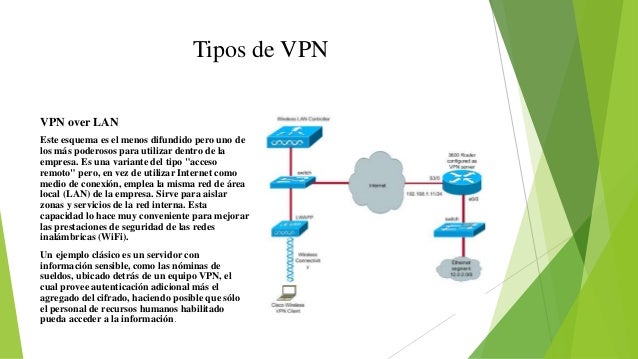

We look atselected examples of functions related to the domain name system (DNS), content delivery networks (CDNs), cloudprocessing and live-streaming. Some of these have traditionally been lessvisible in content-related regulatory debates.

This paper discusses a subset of ‘non-hosting’ inter-mediary functions. At the same time, these rules are under pressure.
#Que tal es newshosting vpn free
cornerstones that help protect innovation, creativity and the free flow of information. A safe harbour for intermediaries is one of the regulatory. The existing rules in the e-Commerce Directive (Directive 2000/31/EC) offer a safe harbourfrom liability for certain intermediary functions that are central to the functioning of the internet. The European Union is currently discussing a reform of its intermediary liability rules with its recently proposedDigital Services Act. Trusted notifiersPrivate orderingOnline platformsDomain name systemOnline enforcementPrivatization of enforcementRecommendation (EU) 2018/334 The author concludes that a legislative minimum framework is desirable. The paper criticizes the lack of insights into existing arrangements and calls for increased transparency. In the field of domain names, these legitimacy issues give raise to special concern given the detached relation between domain names and website content. without intervention of public actors) is less clear. Whereas models involving public authorities are subject to general administrative law principles as well as constitutional and human rights safeguards, the framework for private regulation (i.e. The author argues that these trusted notifier-models are problematic given the broad room of autonomy that the legislator is leaving to private parties. Depending on intermediary, trusted notifier-models can both be seen as extension of the existing notice-and-takedown regimes and an additional voluntary expedited-enforcement layer. This article explores the functioning of trusted notifier-models and how they are addressed by the European lawmaker in the context of two intermediaries, online platforms and domain name registries.

One recent trend in the takedown of unlawful online content is the emergence of models, where trusted third parties – private or public – are given privileged notification channels for flagging infringing content.ĭespite increasing practical importance, these arrangements have received little scholarly attention. Online content is increasingly enforced by private parties based on private regulation.


 0 kommentar(er)
0 kommentar(er)
